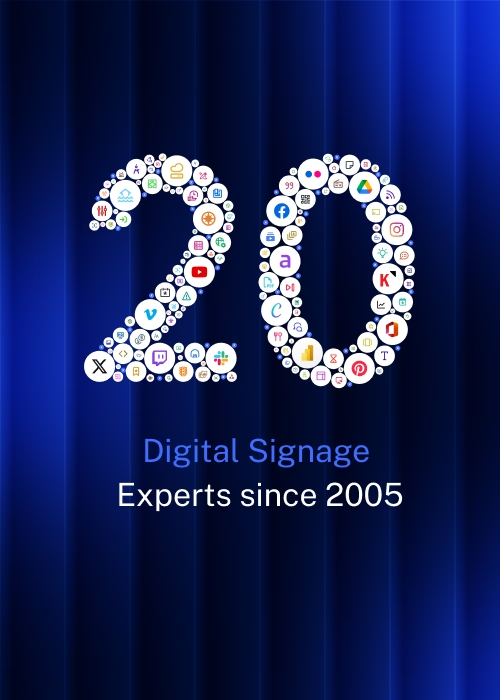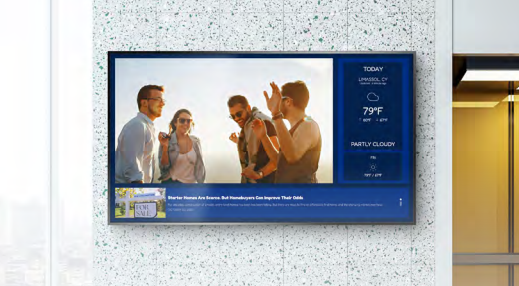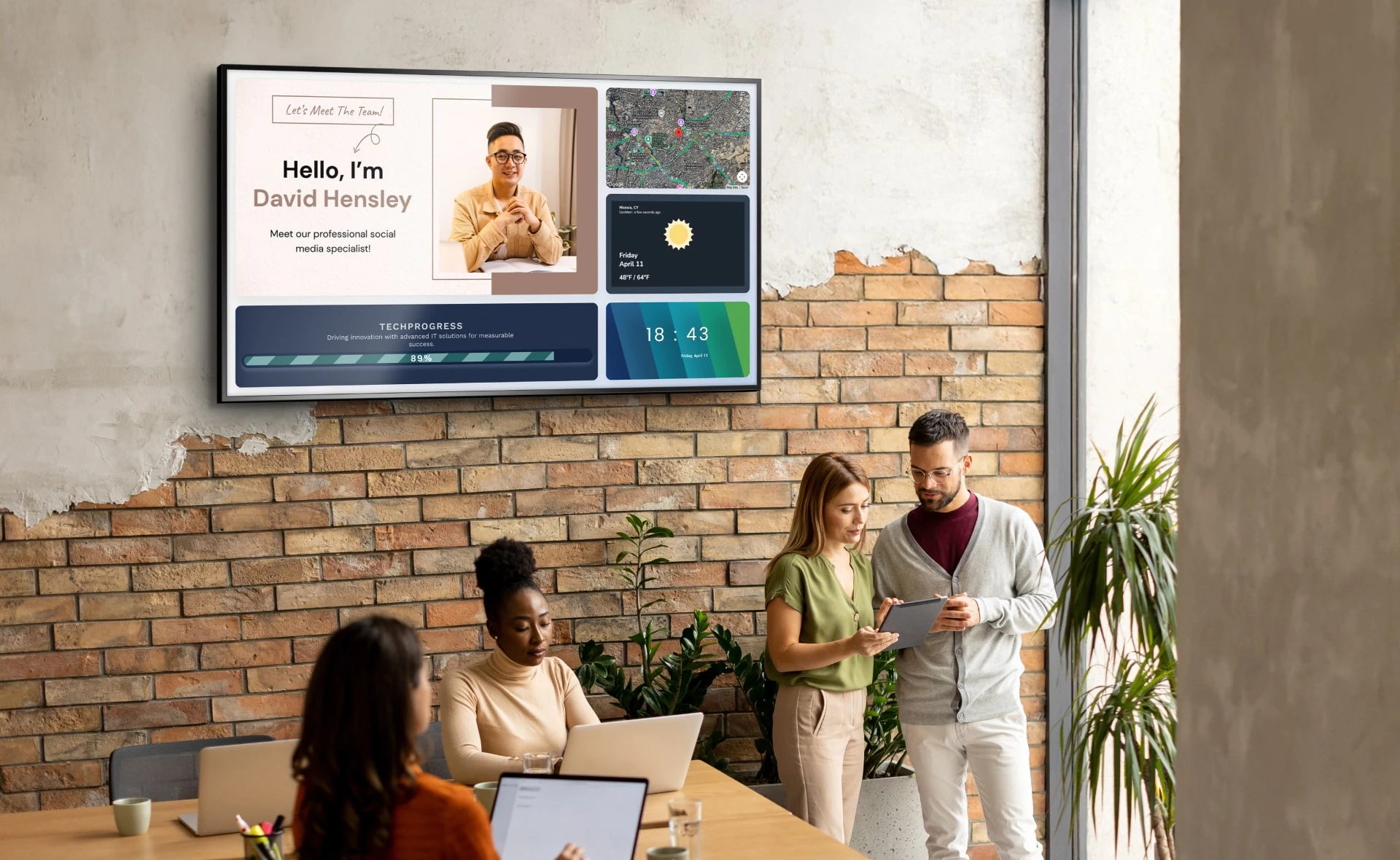5 Benefits of Mini PCs Over Desktop Computers
In recent years, Mini PCs have gained substantial popularity as a practical alternative to traditional desktop computers. These small form factor PCs offer a range of benefits, making them increasingly appealing to a wide variety of users, from business professionals to casual home users.
As technology advances, the demand for compact computers that are both portable and power-efficient has surged, giving Mini PCs a significant advantage over larger, bulkier desktop setups.
While desktop computers continue to offer immense processing power and expandability, many users are shifting towards smaller, more portable solutions that cater to everyday tasks.
Benefit #1: Space-Saving Design
One of the most significant advantages of Mini PCs is their space-saving design. Traditional desktop computers often require ample room for a tower, monitor, keyboard, and cables, which can take up a large portion of your desk or workspace. In contrast, compact computers like Mini PCs are designed to minimize their footprint.
Mini PCs are so small that they can easily fit in tight spaces. In fact, many small form factor PCs can be mounted directly behind a monitor, making them virtually invisible in a home office or business environment. This allows for a cleaner, more organized workspace, ideal for businesses with limited office space or individuals looking to declutter their home offices.
For users who prioritize maximizing their workspace, this space-saving feature can make a huge difference in the overall efficiency and appearance of their setup.
Benefit #2: Portability
When comparing a Mini PC vs desktop, portability is a clear advantage of the Mini PC. Desktop computers are typically large and heavy, making them impractical for users who need to move their devices frequently. On the other hand, Mini PCs are lightweight, compact, and easy to transport.

Whether you're a business professional who travels frequently or someone who likes to work from different locations, a Mini PC’s portability is invaluable. Many compact computers weigh as little as a few pounds, making them easy to slip into a bag or briefcase. This makes them an excellent choice for shared workspaces, traveling presentations, or even moving between home and office setups.
Portable Mini PC Scenarios:
- Traveling professionals who need to work on the go: Mini PCs offer unparalleled convenience for business professionals who frequently travel. Unlike bulky laptops or traditional desktop computers, a Mini PC can be packed up easily and transported with minimal hassle. Its small size makes it ideal for setting up temporary workstations in hotels, client offices, or co-working spaces. Professionals can easily connect their Mini PC to a monitor or projector at their destination, allowing them to conduct presentations or work efficiently without carrying heavy equipment.
- Shared workspaces where employees move between desks or locations: Mini PCs are perfect for shared work environments, such as co-working spaces or hot-desking offices. Their portability allows employees to easily move between different locations within the workspace, plugging into a different monitor or docking station as needed. This flexibility fosters a dynamic work environment while maintaining the power and functionality of a traditional desktop.
- College students who need to carry their devices between classes: For students who require computing power on campus, Mini PCs provide a lightweight alternative to a laptop or desktop. They can be carried in a backpack, quickly set up in dorm rooms or libraries, and used for everything from note-taking to research and multimedia projects, without the bulk and weight of a traditional desktop computer.
Benefit #3: Power Efficiency and Lower Energy Consumption
One of the often-overlooked advantages of Mini PCs is their power efficiency. Traditional desktop computers are notorious for their high power consumption, often requiring more energy to run due to their larger size and more powerful components. In contrast, Mini PCs are designed with energy-efficient components that consume far less power.
According to data from the U.S. Department of Energy, computers account for roughly 2% of the electricity used in U.S. homes. By choosing a power-efficient Mini PC, users can significantly reduce their energy consumption and lower their monthly electricity bills. This benefit is particularly appealing for environmentally conscious individuals and businesses looking to reduce their carbon footprint by opting for eco-friendly, energy-efficient computers.
Additionally, by consuming less power, Mini PCs generate less heat, which helps prolong their lifespan and reduces the need for additional cooling solutions like external fans or air conditioning.
Benefit #4: Cost-Effectiveness
Mini PCs are also often more cost-effective than their desktop counterparts. Not only are they typically less expensive upfront, but they can also save users money in the long run. The lower power consumption of Mini PCs translates into reduced electricity costs, which can be especially beneficial for businesses running multiple devices simultaneously.

Moreover, Mini PCs generally have fewer components, reducing the likelihood of costly repairs or replacements. Since these devices are designed with efficiency and compactness in mind, maintenance tends to be simpler and cheaper compared to the sometimes complex and bulky systems found in desktop computers.
Cost-effective Advantages:
- Lower upfront costs compared to full desktop setups
- Reduced electricity bills due to energy-efficient components
- Fewer components, resulting in lower maintenance costs
For budget-conscious users or businesses looking to maximize their savings, opting for a Mini PC over a traditional desktop can provide significant financial benefits over time.
Benefit #5: Sufficient Performance for Everyday Tasks
One concern many people have when considering the Mini PC vs desktop debate is whether a smaller device can provide adequate performance. The good news is that modern Mini PCs are more than capable of handling most everyday tasks, such as web browsing, word processing, streaming media, and even light gaming.
While desktop computers are often preferred for resource-heavy activities like video editing or advanced gaming, many compact computers now come with enough processing power, RAM, and storage to meet the demands of most users. For those who require a computer for basic office tasks, schoolwork, or entertainment, a Mini PC offers more than enough performance without the bulk or cost of a high-end desktop.
It's important to note that small form factor PCs may not be suitable for high-performance applications like 3D rendering or intensive gaming. However, for the majority of users who don't require such specialized performance, a Mini PC is an excellent, cost-effective solution that delivers on all fronts.
Why Mini PCs Are a Smart Choice
Ultimately, Mini PCs are an increasingly attractive option for users looking for a space-saving, portable, and cost-effective solution that meets their daily computing needs. With benefits ranging from energy efficiency to adequate performance for everyday tasks, Mini PCs offer an excellent alternative to traditional desktop computers.
Whether you're looking to declutter your workspace, reduce your energy consumption, or save on upfront and long-term costs, Mini PCs present a compelling option. As compact computers continue to evolve, offering more performance and capabilities, it's clear why they are becoming a popular choice in both homes and businesses. When weighing the pros and cons of Mini PC vs desktop, it's important to consider your specific needs and whether the advantages of a Mini PC align with your goals.
Mini PCs may not yet fully replace desktops in every situation, especially for high-performance needs, but for many users, they provide a highly practical and efficient alternative to traditional computing setups.
For those looking to embrace the future of cost-effective computers, the benefits of Mini PCs make them well worth considering.







